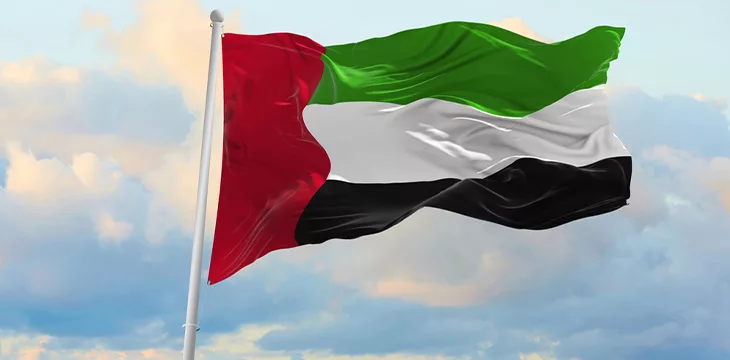|
Getting your Trinity Audio player ready...
|
The Central Bank of the United Arab Emirates (CBUAE) has approved stablecoins as part of the nation’s financial ecosystem with the upcoming launch of a new licensing regime.
The central bank gave its approval after a high-profile meeting involving board members led by its chairman, Sheikh Mansour bin Zayed Al Nahyan. Held in Abu Dhabi, the meeting sought to assess the progress of the country’s financial infrastructure transformation (FIT) program, which has a keen focus on digital assets.
Attendees include CBUAE Governor Khaled Mohamed Balama, Deputy Chairmen Jassem Mohammad Al Zaabi, and Abdulrahman Saleh Al Saleh, and a string of executive members of the banking regulator.
According to reports, the issue of stablecoin regulation sat at the top of the agenda to be deliberated by the CBUAE. Aware of its potential to destabilize the financial ecosystem, the CBUAE is taking a proactive stance by approving the launch of a licensing regime for stablecoins in the Gulf nation.
While details are sparse at the time of writing, the incoming rule will be focused on dirham-backed stablecoins, possibly curtailing the influence of foreign-denominated offerings. Pundits opine that the regulations will bar retailers and consumers from accepting and transacting with stablecoins operating without clear licensing from financial authorities.
Since the black swan events that rocked the stablecoin space in 2022, UAE authorities have viewed the asset class with skepticism, wading into the space to protect investors.
Outside of stablecoins, the executives indicated their resolve to launch a central bank digital currency (CBDC) in accordance with the blueprint from the FIT program. The CBUAE confirmed that while it is working toward a launch, it will proceed with a phased approach within the confines of the Project mBridge.
The first phase will involve a proof-of-concept (PoC) while the second will involve a large-scale pilot program to test the digital dirham across several industries with several financial institutions bracing themselves to participate in the studies.
Digitization is the way forward
For the CBUAE, stablecoins and CBDCs hold the key to the planned digitization of the local economy away from dependency on oil. Both digital asset classes are expected to improve the state of cross-border transactions while providing an alternative to existing domestic payment systems.
“As part of the UAE’s digital transformation, CBDC will help address the pain points of domestic and cross-border payments, enhance financial inclusion, and the move towards a cashless society,” read a CBUAE statement.
The UAE is also increasing its investments in AI, seeking to become the undisputed regional leader by investing in AI education and infrastructure.
Watch: The Middle East’s Blockchain Race

 07-03-2025
07-03-2025 





